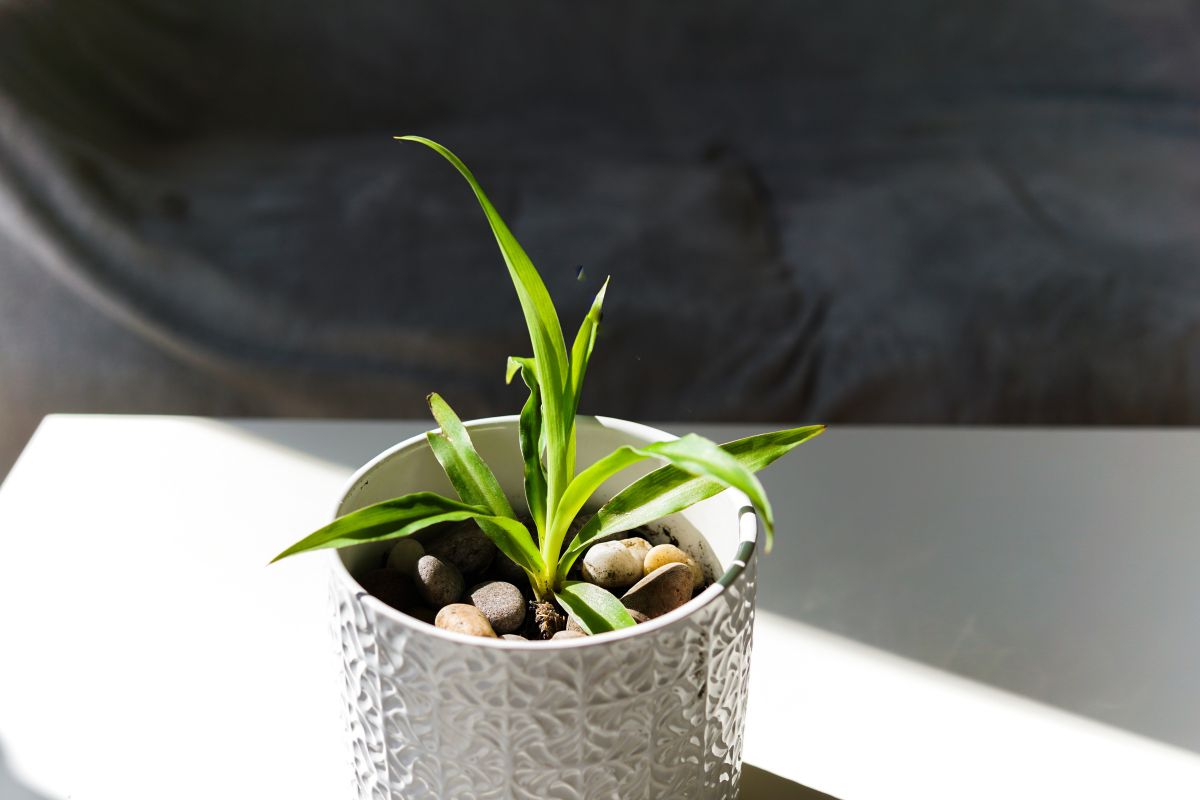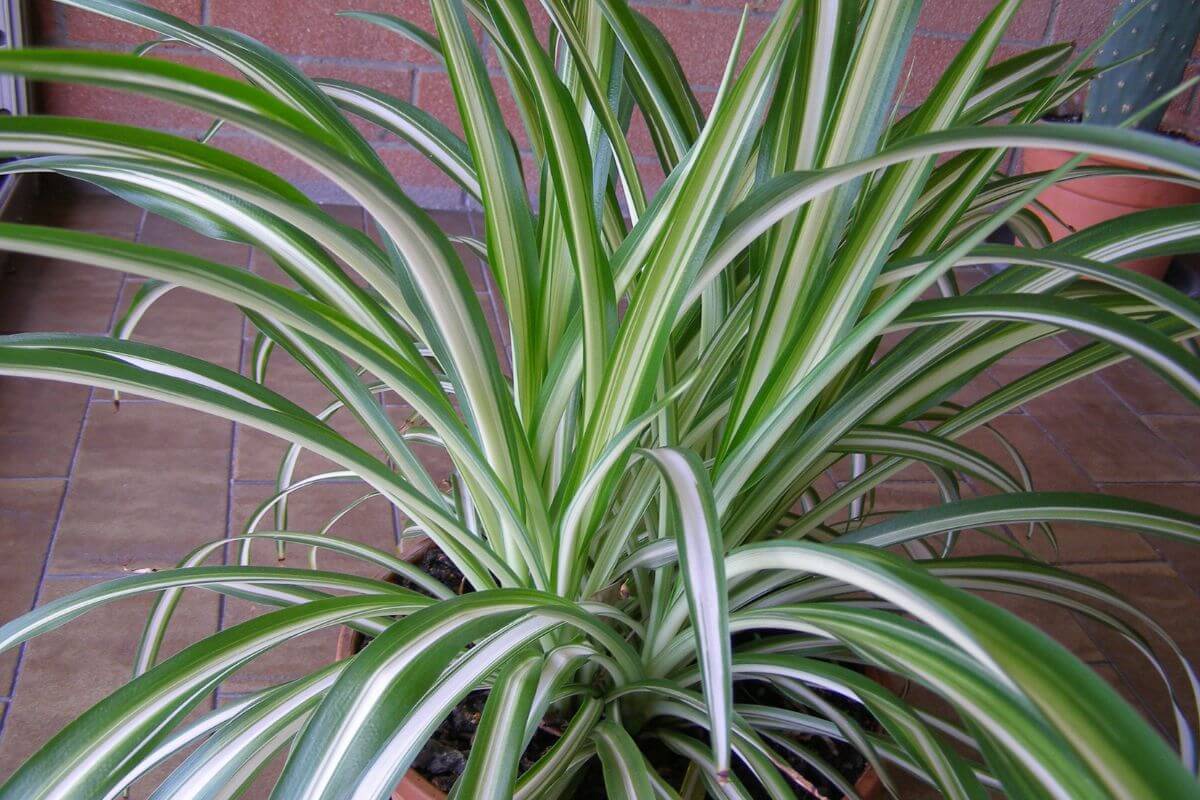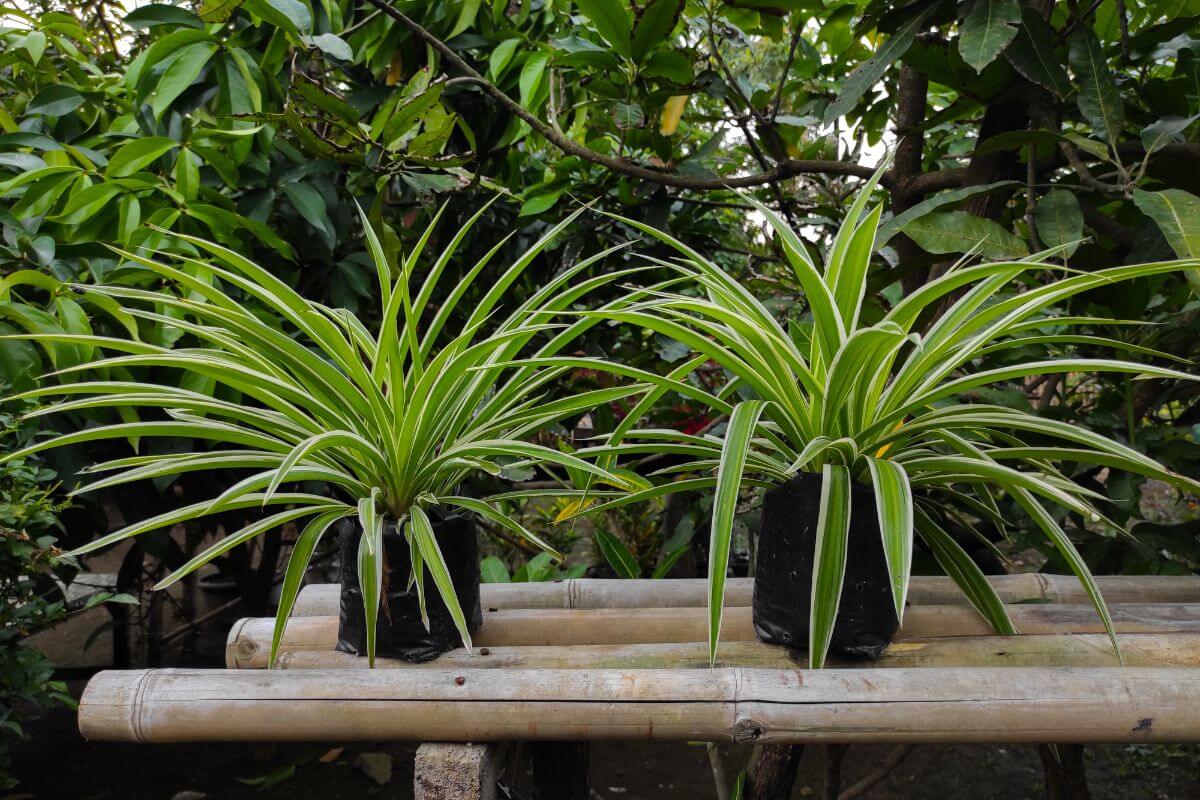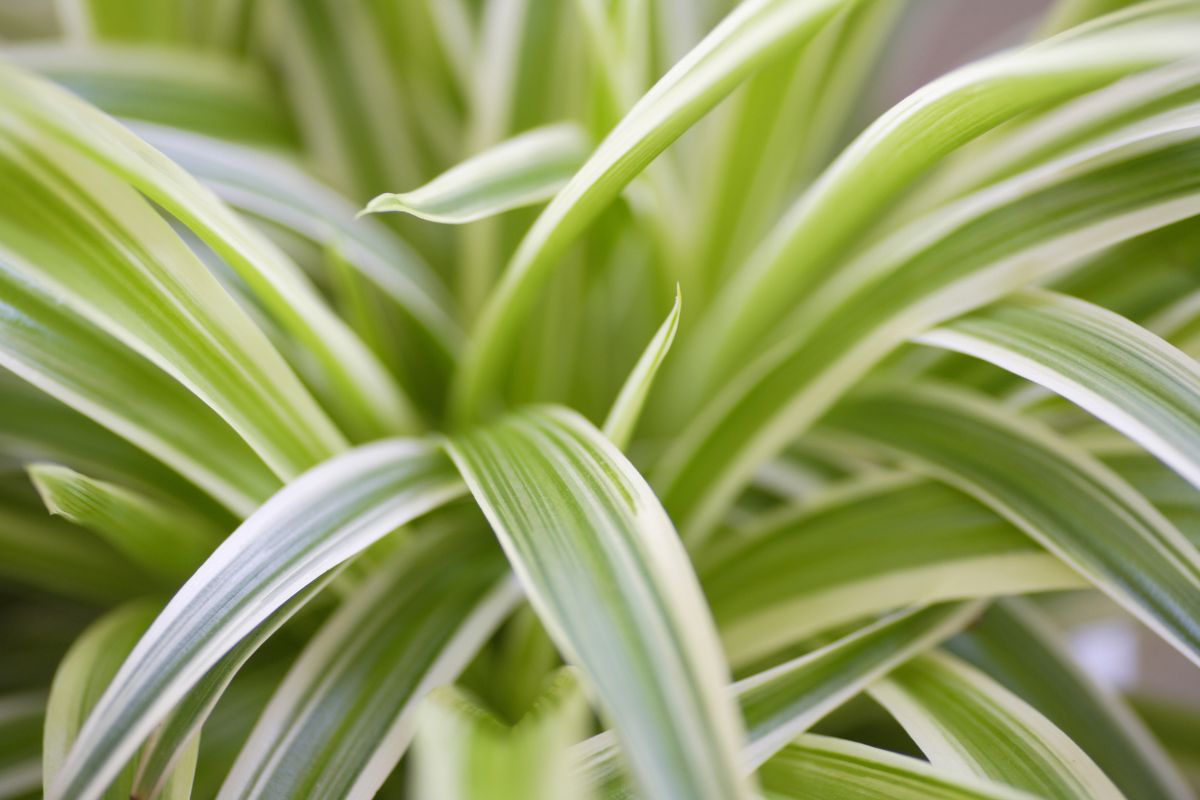Spider Plants, or also known as Airplane Plant or Ribbon Plant, are air-purifying houseplants and are some of the fast-growing plants that produce white flowers.
Provided with the right light conditions and enough nutrients, your Spider Plant could be healthy houseplants that could reach its full size of 12 to 15 inches in height in just a few years.
- Related article: How to Take Care of a Spider Plant
Read this complete guide for more information on the growth of Spider Plants and tips on how to maximize it.
How Fast Do Spider Plants Grow?

Spider Plants are known to be fast-growing type of tropical plants, especially when given the proper conditions.
Their growth rate allows them to potentially reach their mature size in just a few years, as they can grow several inches annually.
During the spring and summer months in temperate climates, the growth rate of these plants increases significantly.
During cold weather or parts of the year with cooler temperatures, Spider Plants go dormant and won’t increase in size.
As well as growing by continuously producing new leaves, Spider Plants also develop offshoots, familiarly called Baby Spider Plants or Spiderettes.
These can be used to propagate adult Spider Plants easily and quickly. The Spiderettes can be grown in water or soil where they will root quickly.
It could take them less than a year to mature into full-grown plants, then you will have to wait a few years for them to produce babies of their own.
How Big Do Spider Plants Get?

Most Spider Plants can reach 12 to 15 inches in height and about the same width.
Being extremely fast-growing, they can gain their full size in just 6 to 12 months under ideal conditions.
The interesting thing about Spider Plants is that they can look much bigger than they actually are.
Even if their leaves will grow upwards for a maximum of 15 inches, they will then bend and keep growing, reaching 3 feet in length.
The arching stems and arched foliage of this plant look beautiful cascading down from a hanging basket or high shelf.
If you love Spider Plants but don’t have much space, the popular variety Chlorophytum comosum ‘Bonnie’ is the one for you.
This variety is much appreciated because of its compact size and its curly green and white variegated foliage that resemble those of the classical ‘Vittatum’ variety.
Spider Plant Growth Tips

If you want to maximize the growth of your Spider Plant, you will have to provide them with ideal indoor conditions.
Here are a some tips on how to achieve this plus a few basic Spider Plant care information:
1. Ensure your Spider Plant has Enough Key Nutrient Levels
This is probably the most important aspect to ensure healthy foliage and rapid growth.
Firstly, choose a rich potting mix, and then make sure to fertilize your plant regularly during the spring and summer seasons.
Based on the fertilizer you choose, there are different schedules to follow. Make sure to always follow the product’s directions to avoid overfertilizing and causing harm to your plant.
Fertilizing during the winter months should be avoided as the plant doesn’t need nutrients at this time.
2. Repot your Spider Plant Often
Spider Plants should be repotted every year or every other year, especially when young, as they tend to quickly become pot-bound.
When the roots don’t have any more space, growth will slow and stop. Moreover, if all the space in the pot is taken up by the roots, there won’t be enough soil for the plant to absorb the nutrients it needs.
When repotting, you should choose a pot that is just one size larger than the previous one since these plants don’t grow well in container sizes that are too big for them.
Once it has reached its maximum height, you can repot your Spider Plant less often.
3. Keep your Spider Plant in Bright, Indirect Sunlight
Too much exposure to light will burn and cause brown spots to your Spider Plant’s leaves, while not enough will slow its growth.
You can move your plant near a brighter location throughout the year to ensure it gets optimum light levels. Just avoid moving it constantly since every change requires an adjustment.
Spider Plants are well-known as hardy or tough plants that can survive under difficult conditions and they probably won’t die even if they aren’t provided with enough indirect light.
However, they will certainly not show their full potential
4. Provide Artificial Light

To improve the lighting in your home, it may be beneficial to add supplemental grow lights at a safe distance from your plants.
This technique can be utilized in winter to facilitate the plant’s growth during its typical dormancy phase.
5. Place your Spider Plant Outdoors During the Summer
Fresh air and bright light will ensure your plant will stay healthy and grow faster.
Just make sure you place your Spider Plant in the shade and remember to bring it back indoors when temperatures start to drop.
Spider Plants can tolerate a minimum temperature of about 41°F, less if the soil is wet.
6. Prune Rsgularly
As with any plant, it’s advised to remove any damaged or withered leaves to stimulate the growth of healthy ones.
7. Water Regularly
Watering your Spider Plant won’t necessarily boost its growth, but providing the right amount of water will ensure that your plant won’t suffer from root rot.
Keeping the soil of your Spider Plant continuously wet, without drainage holes, or with excess water, could cause the plant to stop growing or die.
Spider Plants will suffer much less from underwatering, so always wait some intervals between watering or until the top few couple of inches of soil become dry.
Generally speaking, frequent watering once a week, or even every two weeks, and avoiding tap water, will be enough.
Final Thoughts on How Fast and How Big Spider Plants Grow
Spider Plants are relatively fast-growing, popular houseplant options that are easy to care for and make a statement in any living space.
With proper care and attention, these attractive plants can reach a height of up to 12 inches within a few months.
Proper care through adequate light, water, and occasional fertilization can result in long-term enjoyment of their abundant foliage and hanging leaves.
Spider Plants are a suitable option for those seeking a versatile and adaptable plant or a decorative addition to their living space.
Don’t think twice—now’s the time to add a Spider Plant to your indoor gardening space for potential growth and beauty!
Check out these amazing articles to learn more about how fast and how big Spider Plants grow:
- Spider Plant Black Seeds
- How Long Do Spider Plant Flowers Last
- Do Spider Plants Like Fertilizer
- How to Make Spider Plant Bushier
- Spider Plant in an Aquarium
Sources:

